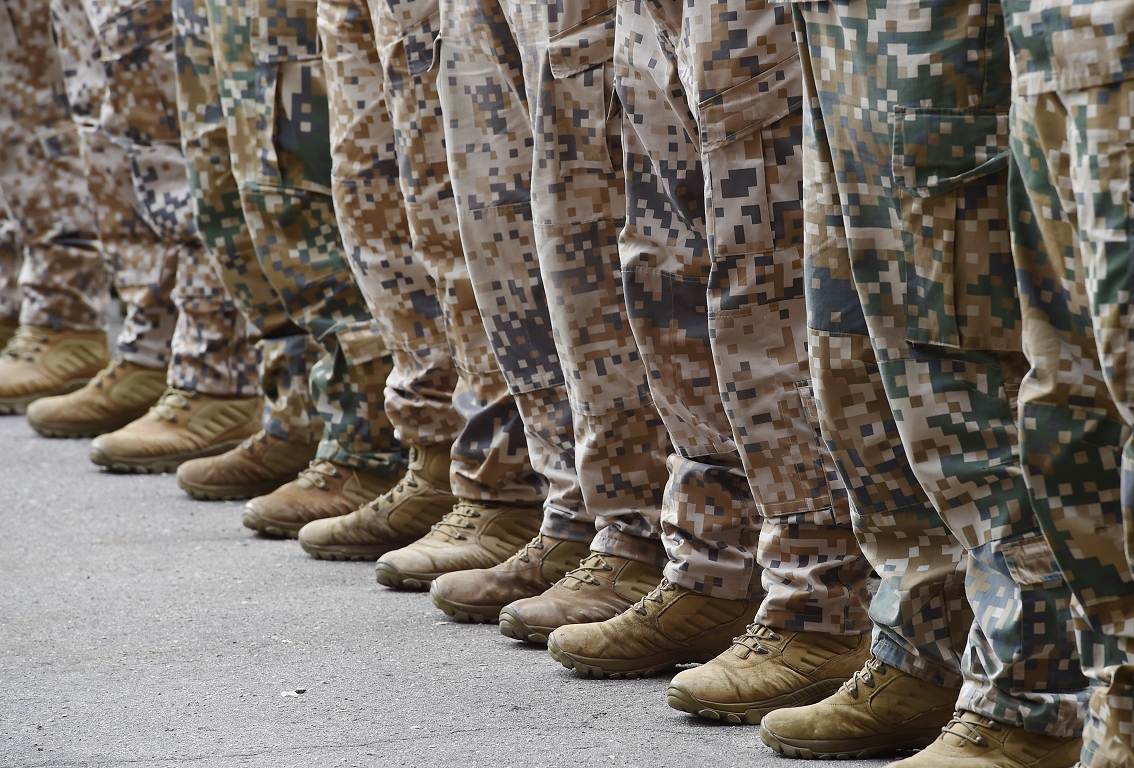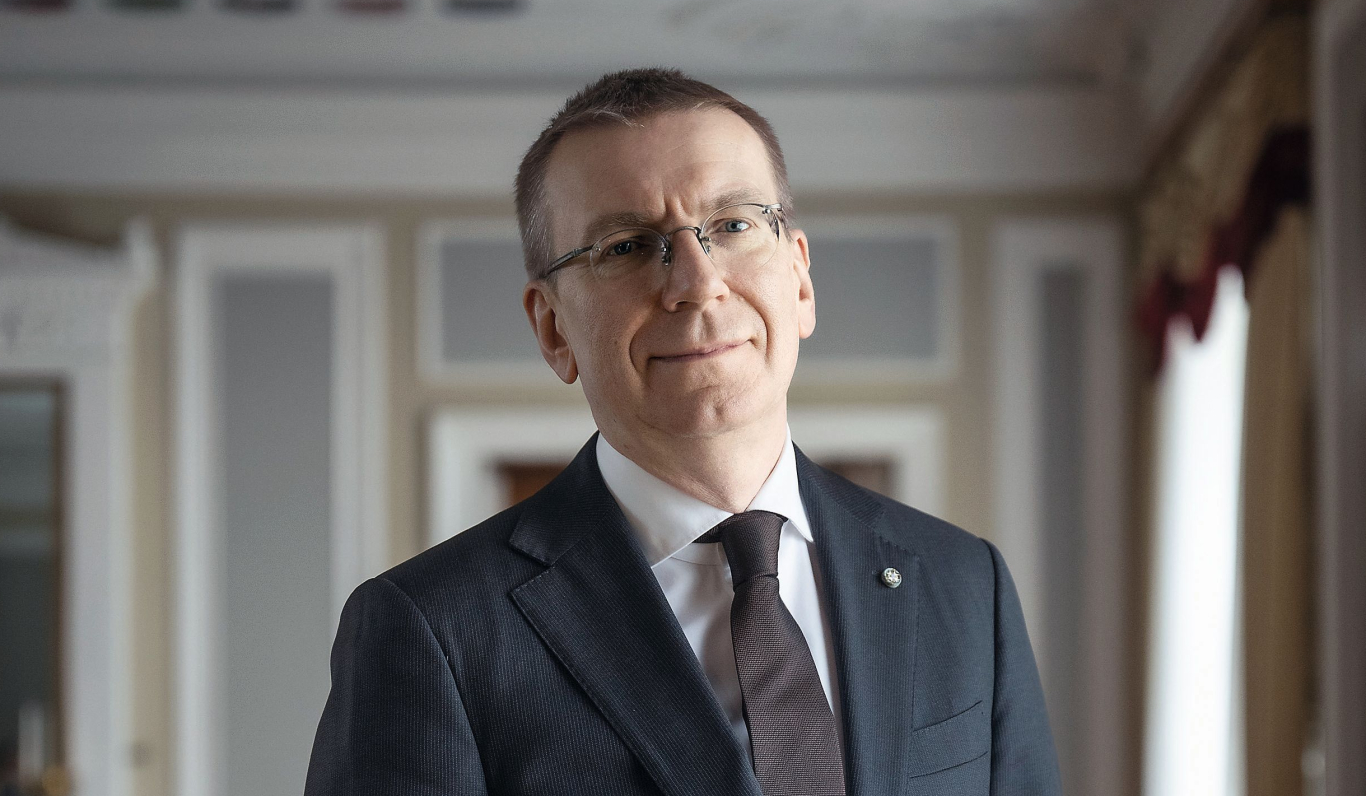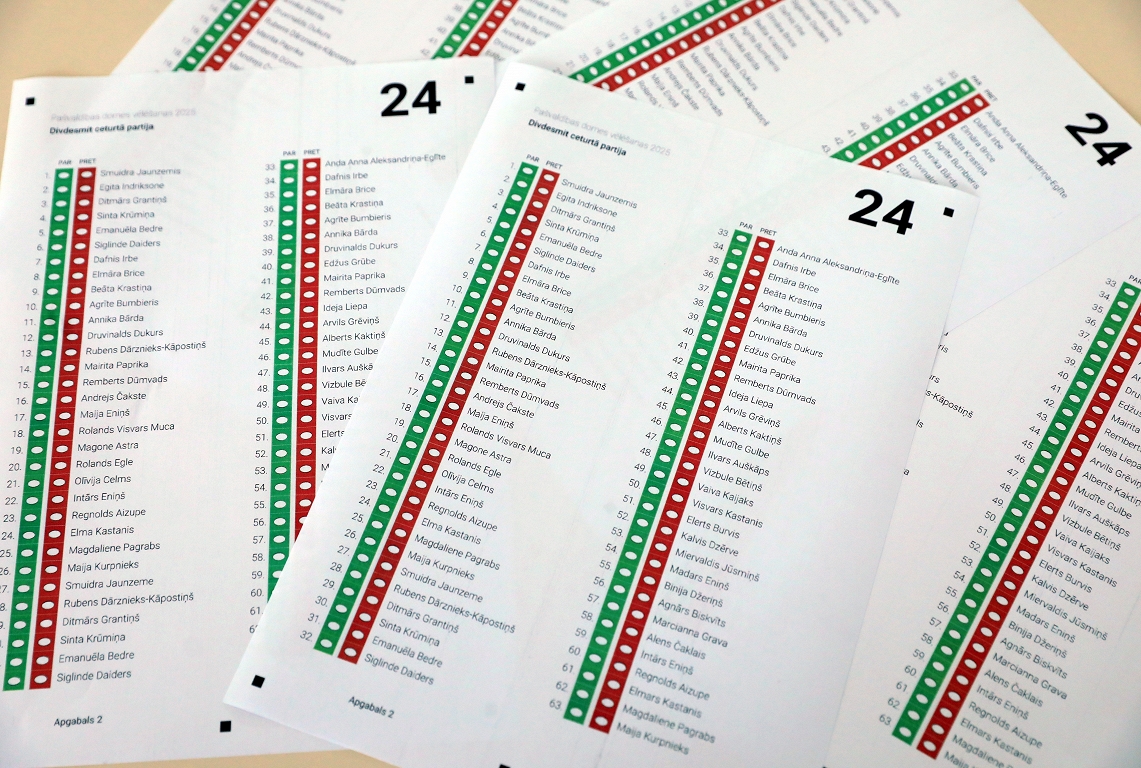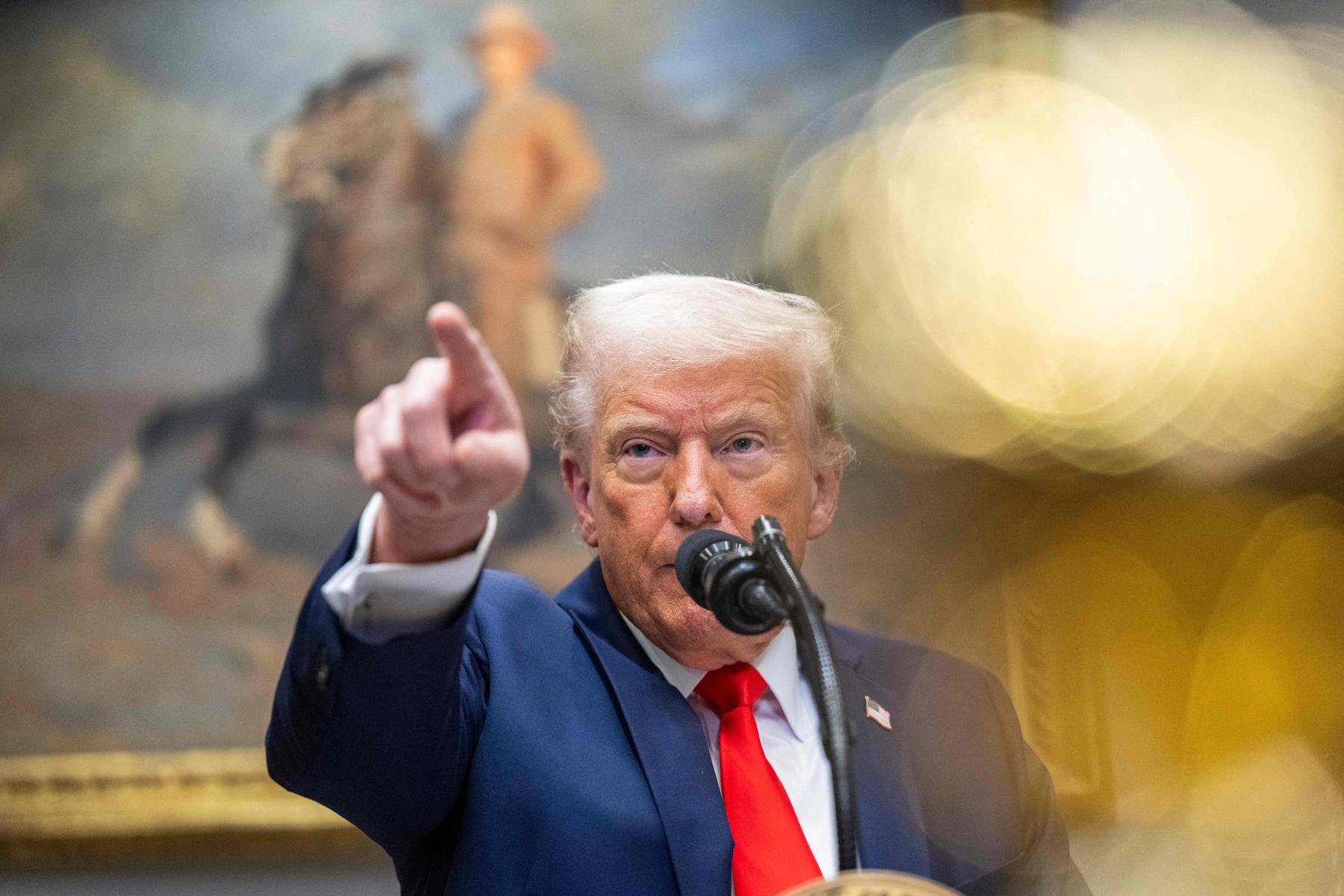Germany begins the Conservative and SPD Coalition Talk / Day

The leading representatives of both parties gathered on Friday morning in the Bundestag.
The Christian Democrats (CDU) and their Bavarian sister, the Christian Social Union (CSU), who were reportedly in the parliamentary elections on Sunday, winning 28.5% of the vote.
Meanwhile, SPD, represented by former Chancellor Olaf Scholz, suffered a degrading defeat, gaining 16.4% of the vote and ranked third behind the right -wing Eurosceptic Party's « Alternative to Germany » (AfD), which was voted by 20.8% of Germans.
It was the weakest SPD performance since 1887.
However, AFD has refused to cooperate in parliamentary parties, and therefore, CDU leader Friedrich Mercam, who is likely to become the next Chancellor, to look for another coalition partner.
If the AfD is excluded from the negotiations, the only option for the government to form the government is the CDU/CSU and the SPD coalition.
Friday's talks will probably be devoted to the outline of the overall guidelines of the parties and the development of the coalition negotiations.
When the real coalition talks begin, it is not yet known.
Mercs wants to finish government formation until Easter so that they can immediately resolve the problems that Germany is currently facing.
However, SPD leader Lars Klingbale has announced that the Social Democrats will agree to the creation of a coalition with CDU/CSU only on appropriate conditions.
Each of the parties has sent 20 representatives to the initial negotiations.
According to the DPA agency, the Conservative delegation is also the leader of the CSU and Bavarian land Prime Minister Marcus Zeder.
The SPD delegation, on the other hand, includes the two co -chairs of the party – Klingbeah and Sasquia Esken – as well as former Minister of Defense Boris Pistorius and employment Minister Hubertus Heils.
Given the high disagreements between the two parties on issues such as immigration, budget and support for Ukraine in war against Russian aggression, coalition talks are likely to be difficult and can be infused.








